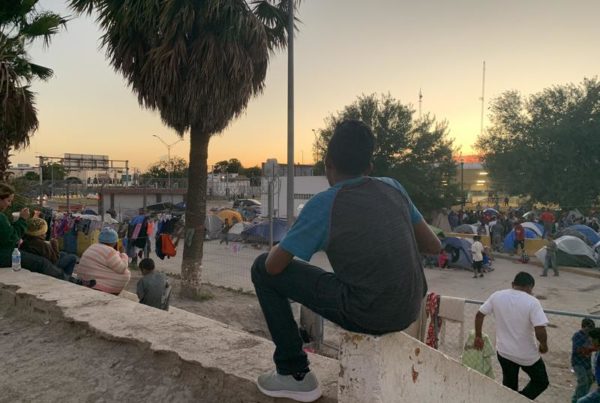Close to a million immigrants have been apprehended trying to cross the southern border this year. Many of these migrants are Central American families fleeing violence. When they are released into the United States, many head to places like the small Panhandle town of Cactus, where a need for unskilled labor has led to the creation of migrant family communities.
Immigrants to Cactus work in the Panhandle’s large meat and agriculture industries. Many of the unskilled workers who get jobs in food processing facilities bring their families with them.
Schools like Cactus Elementary are challenged with teaching children who come from places with different educational practices, and who largely speak Spanish. Residents of the school district will soon vote on a bond which would completely reinvent Cactus Elementary, giving it resources, like more English as a Second Language teachers. The bond is expected to pass.
John Burnett is NPR’s Southwest correspondent. He says Moore County, where Cactus is located ,has has gone from an all-white county to a majority Hispanic one. Even though the Panhandle is historically Republican territory and some are uncomfortable with changes made to accommodate new residents, Burnett says the attitude in Cactus is different than elsewhere in the country.
“It’s interesting. This is deep red Trump country,” Burnett says. “But the bond proposal is expected to pass, and there are other parts of the country where people are opposing it because ‘we don’t want to have our taxes go up to educate these immigrant kids,’ but that’s not the attitude in Moore County, Texas.”
Listen to the full interview in the audio player above.
Written by Savana Dunning.















